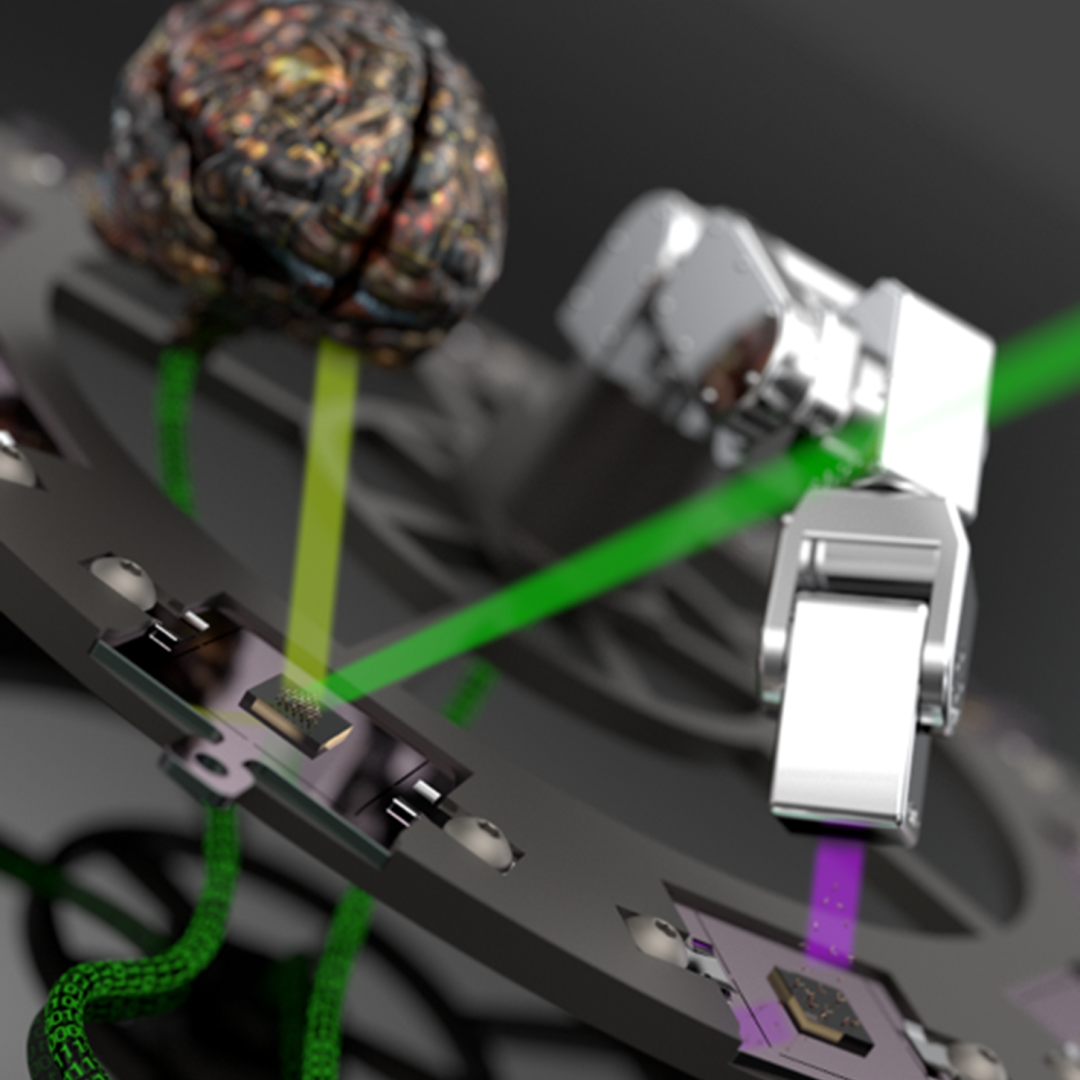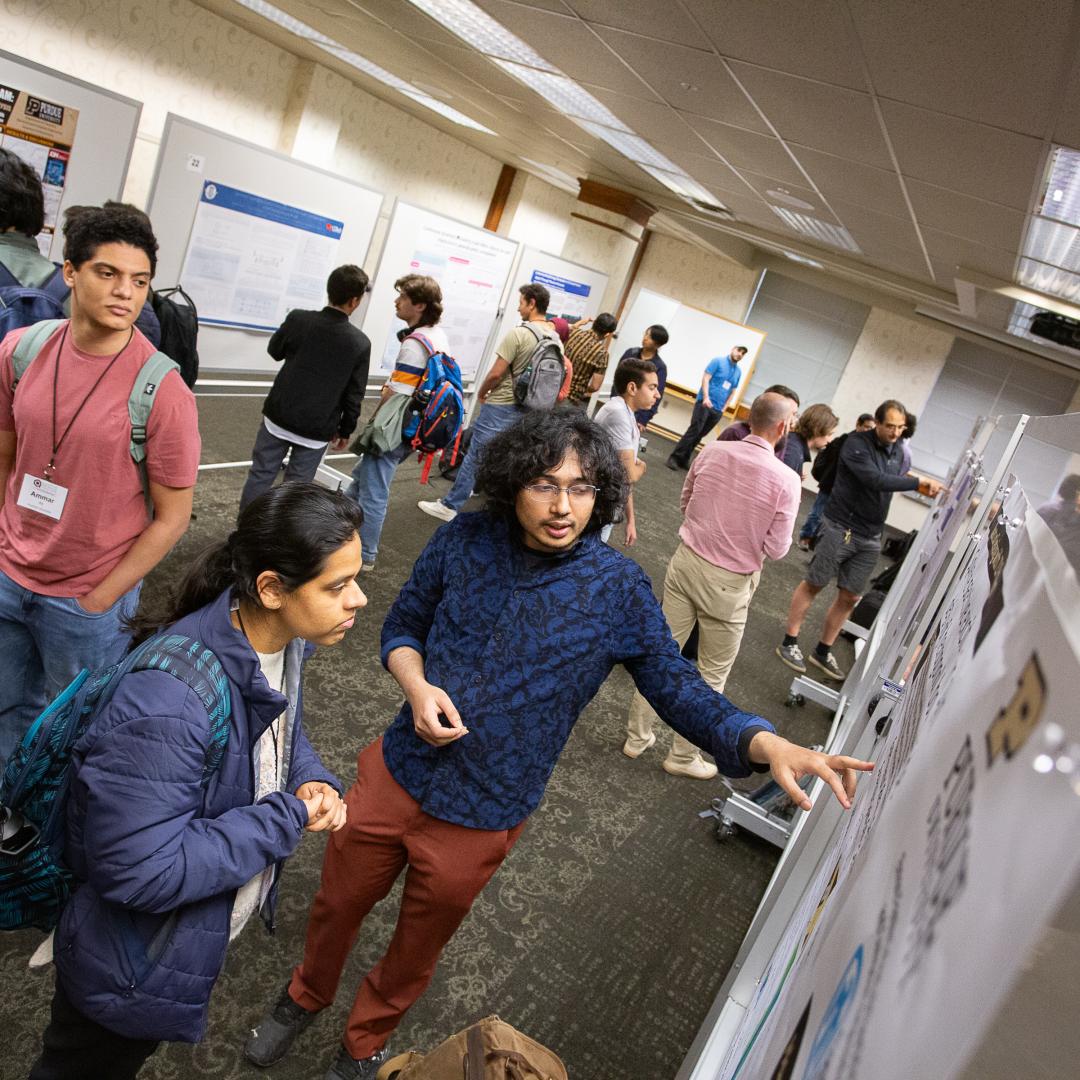Filter News
Area of Research
News Topics
- (-) Buildings (17)
- (-) National Security (33)
- (-) Quantum Science (28)
- 3-D Printing/Advanced Manufacturing (35)
- Advanced Reactors (8)
- Artificial Intelligence (45)
- Big Data (21)
- Bioenergy (49)
- Biology (57)
- Biomedical (28)
- Biotechnology (10)
- Chemical Sciences (21)
- Clean Water (14)
- Climate Change (47)
- Composites (6)
- Computer Science (80)
- Coronavirus (17)
- Critical Materials (1)
- Cybersecurity (14)
- Decarbonization (43)
- Education (1)
- Emergency (2)
- Energy Storage (28)
- Environment (100)
- Exascale Computing (24)
- Fossil Energy (4)
- Frontier (23)
- Fusion (28)
- Grid (23)
- High-Performance Computing (42)
- Hydropower (5)
- Isotopes (25)
- ITER (2)
- Machine Learning (21)
- Materials (40)
- Materials Science (42)
- Mathematics (5)
- Mercury (7)
- Microelectronics (2)
- Microscopy (20)
- Molten Salt (1)
- Nanotechnology (16)
- Net Zero (8)
- Neutron Science (46)
- Nuclear Energy (52)
- Partnerships (14)
- Physics (26)
- Polymers (8)
- Quantum Computing (18)
- Renewable Energy (1)
- Security (10)
- Simulation (29)
- Software (1)
- Space Exploration (12)
- Summit (30)
- Sustainable Energy (43)
- Transformational Challenge Reactor (3)
- Transportation (27)
Media Contacts
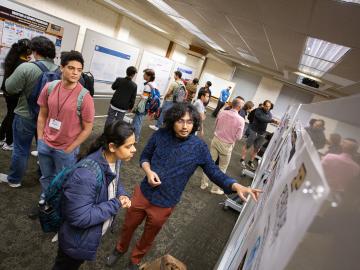
Purdue University hosted more than 100 attendees at the fourth annual Quantum Science Center summer school. Students and early-career members of the QSC —headquartered at ORNL — participated in lectures, hands-on workshops, poster sessions and panel discussions alongside colleagues from other DOE National Quantum Information Science Research Centers.

A team of researchers including a member of the Quantum Science Center at ORNL has published a review paper on the state of the field of Majorana research. The paper primarily describes four major platforms that are capable of hosting these particles, as well as the progress made over the past decade in this area.
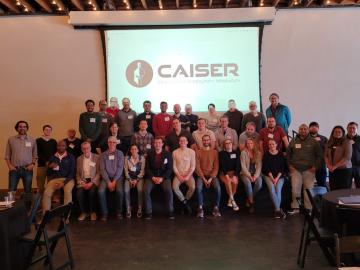
Researchers at the Department of Energy’s Oak Ridge National Laboratory met recently at an AI Summit to better understand threats surrounding artificial intelligence. The event was part of ORNL’s mission to shape the future of safe and secure AI systems charged with our nation’s most precious data.
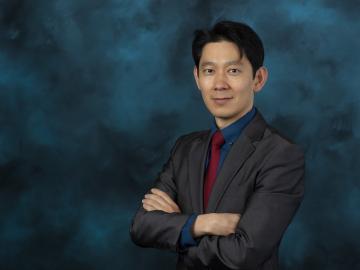
Researchers at ORNL are using a machine-learning model to answer ‘what if’ questions stemming from major events that impact large numbers of people. By simulating an event, such as extreme weather, researchers can see how people might respond to adverse situations, and those outcomes can be used to improve emergency planning.

To balance personal safety and research innovation, researchers at ORNL are employing a mathematical technique known as differential privacy to provide data privacy guarantees.
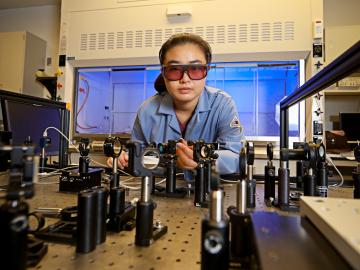
The Quantum Voices series is designed to share the stories of the quantum researchers and technical experts behind the Quantum Science Center’s past, present and future accomplishments. Chengyun Hua is highlighted for this edition, talking about her role in the Quantum Science Center.
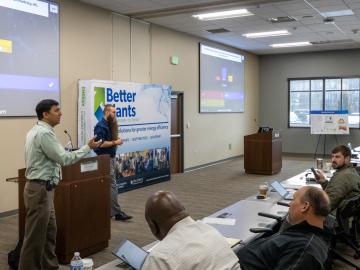
Helping hundreds of manufacturing industries and water-power facilities across the U.S. increase energy efficiency requires a balance of teaching and training, blended with scientific guidance and technical expertise. It’s a formula for success that ORNL researchers have been providing to DOE’s Better Plants Program for more than a decade.
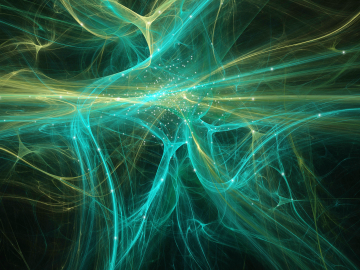
Researchers simulated a key quantum state at one of the largest scales reported, with support from the Quantum Computing User Program, or QCUP, at ORNL.
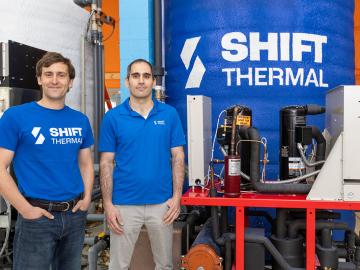
Shift Thermal, a member of Innovation Crossroads’ first cohort of fellows, is commercializing advanced ice thermal energy storage for HVAC, shifting the cooling process to be more sustainable, cost-effective and resilient. Shift Thermal wants to enable a lower-cost, more-efficient thermal energy storage method to provide long-duration resilient cooling when the electric grid is down.
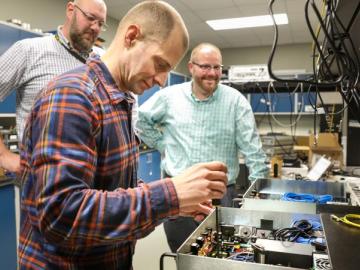
ORNL scientists have spent the past 20 years studying quantum photonic entanglement. Their partnership with colleagues at Los Alamos National Laboratory and private industry partner Qubitekk led to development of the nation’s first industry-led commercial quantum network. This type of network could ultimately help secure the nation’s power grid and other infrastructure from cyberattacks.


